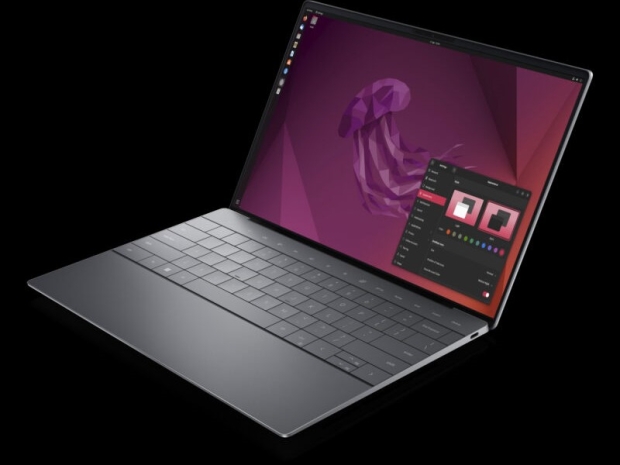To be fair, while most of us were making jokes about Linux on the desktop, Dell was getting out there building and supporting them. In 2006, Michael Dell said that Dell would be the first major PC vendor to release and support desktop Linux — and this proved to be a success.
George said Dell had always done great volume with these computers not as much as Windows machines, but it was enough that Dell has offered Linux-based, Red Hat Enterprise Linux (RHEL) powered workstations.
While these machines were avoided by developers that might be set to change as suddenly there's a lot of interest in laptops that come with Linux ready to go.
Dell got together with Canonical, Ubuntu Linux's parent company, to make sure all the drivers were in place for a top-notch Ubuntu Linux developer desktop experience. The name 'Project Sputnik' is a nod to Mark Shuttleworth, Ubuntu founder and Canonical CEO.
A decade before the project itself, Shuttleworth had spent eight days orbiting the Earth in a Soviet Soyuz spacecraft. George and the crew decided "Soyuz" didn't have an inspiring ring to it, so the company went with "Sputnik" instead.
George continued: "We announced a beta program for the machine with a 10 per cent off offer. We thought, well, we'll probably get 300 people. Instead, we got 6,000. This is where senior management said OK, you've got something real."




